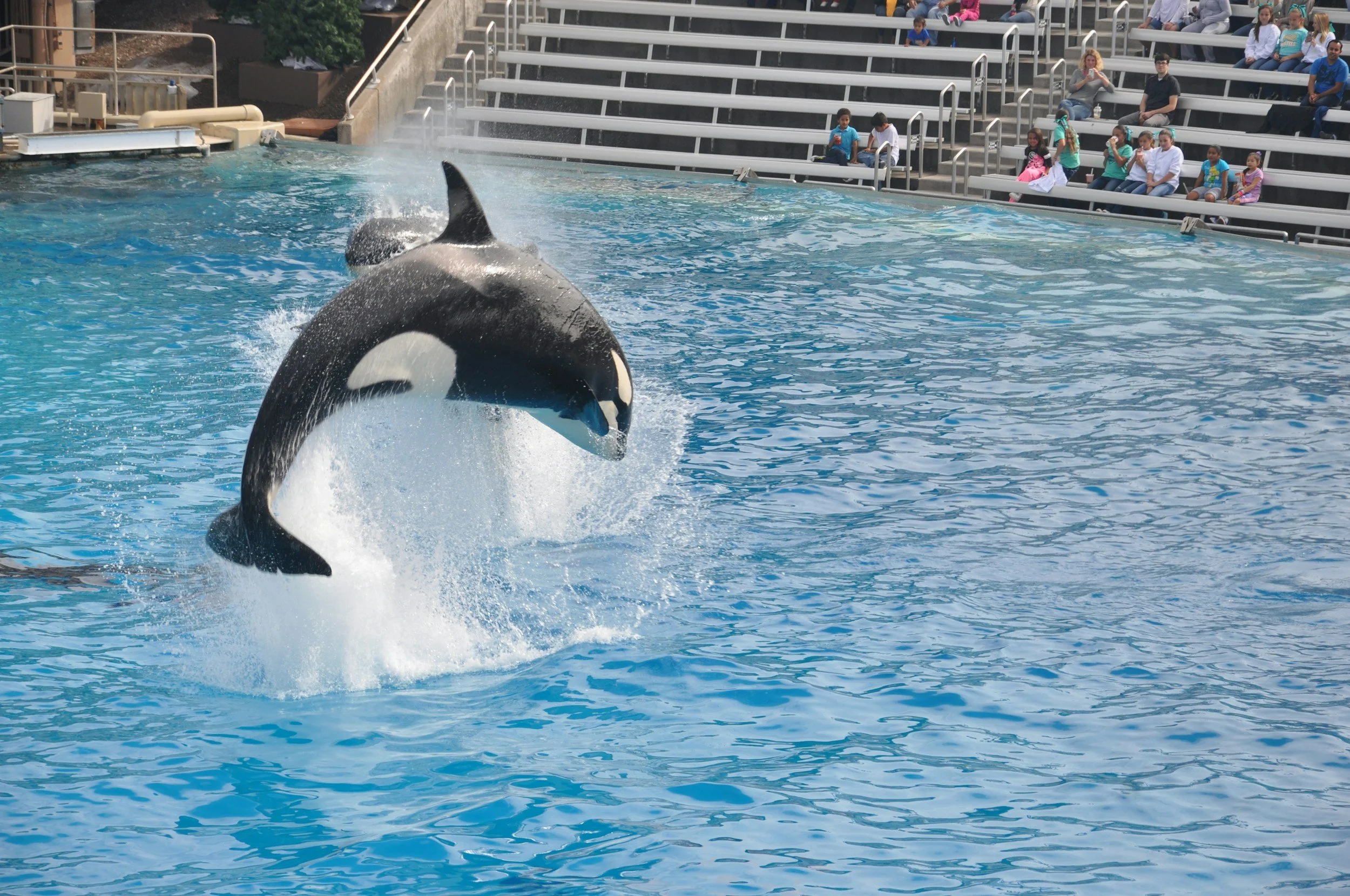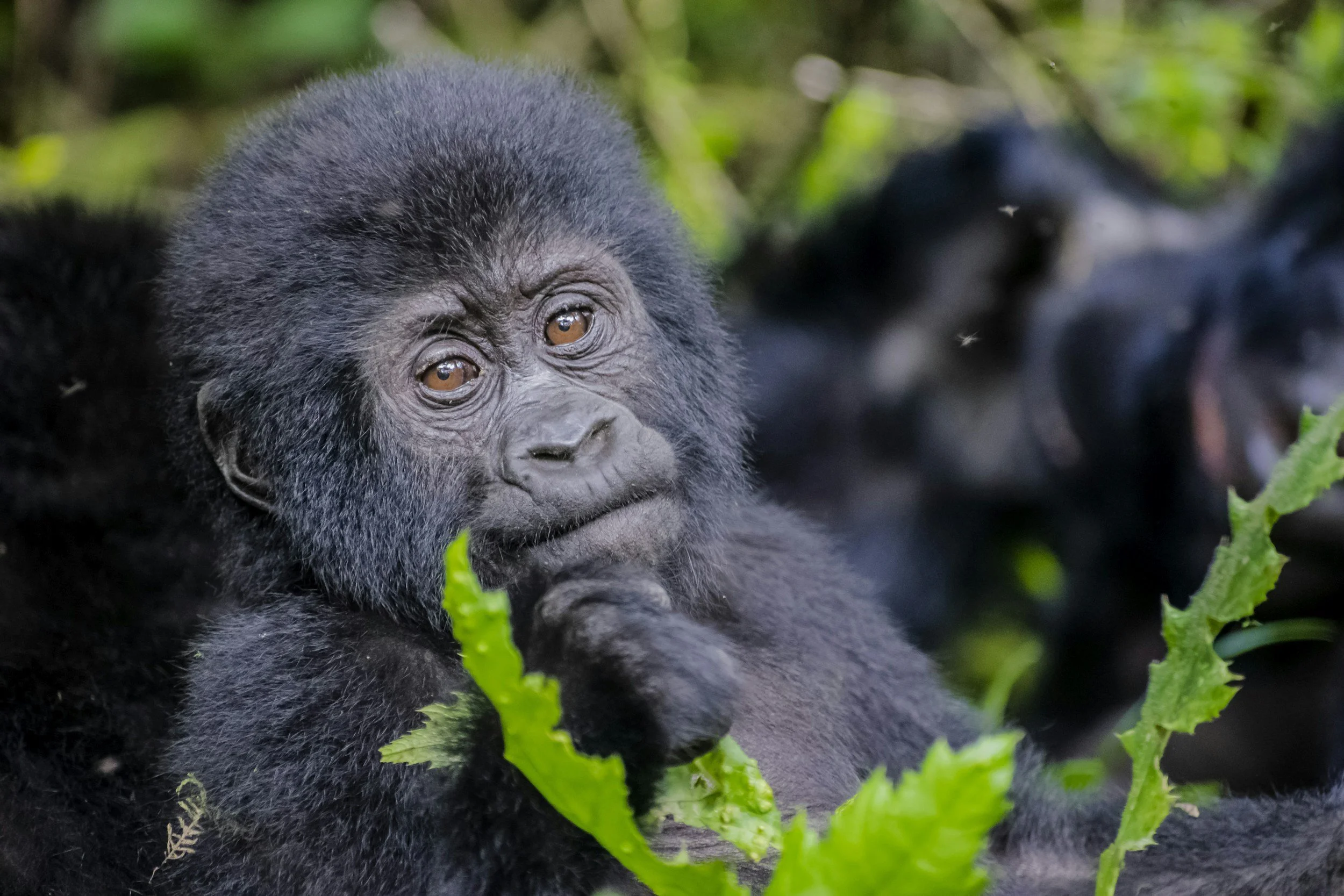Orangutans Use ‘Slang’ To Show Their ‘Coolness’, Study Finds
Scientists discover orangutans create new versions of their typical vocal calls, which are then picked up by other members of the group.
Orangutans use slang to “show off their coolness”, according to a new observational study of the great apes.
Researchers gathered recordings of the “kiss-squeak” alarm call that is used in wild communities of orangutans living in Borneo and Sumatra. Analysis of these calls found that rather than the ape’s language being innate and static as was expected, the research found that orangutans are able to come up with new versions of their typical vocal calls.
The ‘slang’ calls are created by varying the pitch and duration, and the density of the specific orangutan community is often a factor of whether the new slang is picked up by other members.
“The way I see it is that low densities [of] orangutans have a slang repertoire that they constantly revisit and use. They are ‘conservative’, but once a new call variant is used, everyone hears it and the variant is quickly incorporated, enriching the slang,” Dr Adriano Lameira, first author of the research from the department of psychology at the University of Warwick, told The Guardian.
“In high density [communities of orangutans], communication is more like a cacophony. It seems ‘novelty’ is at a premium, much like in songbirds, and that individuals want to show off their coolness and how [much of a] rebel they are,” he said.
The team of scientists spent a total of 6,120 hours observing orangutans across six research stations between 2005 and 2010, with audio recordings capturing the kiss-squeaks of around 70 individual orangutans.
Published in the journal Nature Ecology and Evolution, Lameira noted to The Guardian that the study’s findings come as increasing evidence suggests that great ape repertoires contain consonant- and vowel-like calls that can be combined into syllable-like constructions.
“This new evidence cements a new view that great apes are highly desirable and unique model species to improve our [understanding] of language origin and language,” says Lameria.
But the harsh decline in orangutan populations in recent years means that the species is at risk.
“Great apes and their habitat must be preserved if we are to hold any chances of unveiling further pieces of the puzzle of language evolution,” Lameria adds.
Estimates suggest that orangutan populations have decreased by around 50 percent in the last decade. Loss of habitat due to the destruction of tropical rainforest is the leading threat to orangutans. The illegal wildlife trade also fuels their decline, with baby orangutans hunted in the wild to be sold as an exotic pet or to unethical zoos.
More stories:
Species Unite
A collection of stories of those who fight the good fight on behalf of animals.




A judge has issued Pennsylvania’s first habeas corpus order for a nonhuman animal, advancing NhRP’s fight to move five African elephants from the Pittsburgh Zoo to a sanctuary.